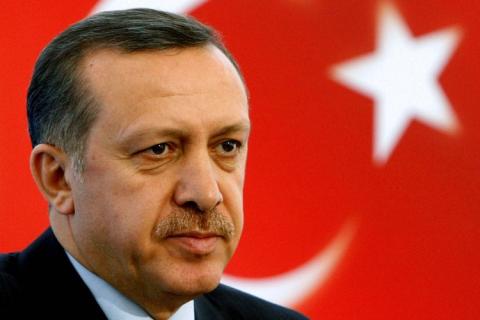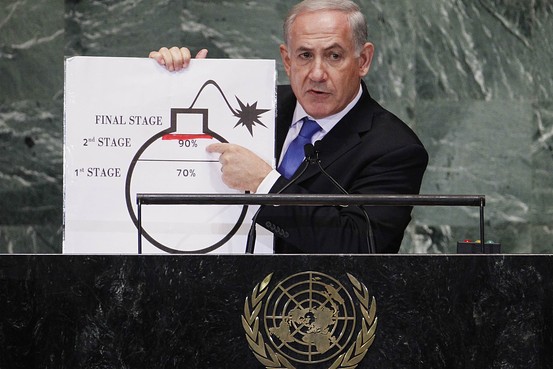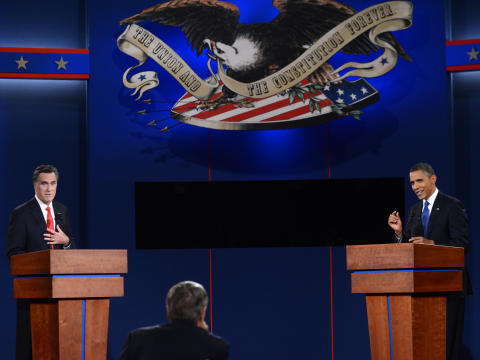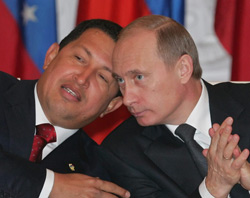Five things to know from around the globe this past week:
1. The Turkish riots are getting worse.
- At the end of May, the initially student led protests against the destruction of a park in Istanbul escalated quickly into violent, national riots against the Turkish government. The Prime Minister of Turkey is doing very little to cooperate with the protesters and has not eased up on the heavy use of tear gas and water cannons. Negotiations are pretty much at a halt. You can read the background on this uprising from our post from last week: https://whythefshouldicare.wordpress.com/2013/06/06/protests-in-turkey/
2. Syria was struck by another fatal bombing.
- The Syrian uprising is now moving into its third year of clashes between Syrian rebels and the Syrian government lead by Bashar al Assad. The UN recently reported that almost 93,000 people have been killed as a result of the uprising. And this week, we discovered that the Syrian government has allegedly been using chemical weapons on the Syrian rebels, now causing a US decision to send military aid to the Syrian rebels. See a detailed timeline of the uprising at the Washington Post’s website. (http://apps.washingtonpost.com/g/page/world/timeline-unrest-in-syria/207/)
3. 17 people were killed in an suicide bombing attack on Afghan Supreme Court employees.
- While several of Afghanistan’s Supreme Court employees were being transported by bus through Kabul on Wednesday, a suicide bomber attacked the vehicle fatally injuring 17 people on board. Although Kabul and Afghanistan as a whole are rife with frequent, deadly attacks, this one sticks out because of the targets. This story is still developing, but you can read more about the attack in Aljazeera’s report: (http://www.aljazeera.com/news/asia/2013/06/2013611121733644409.html)
4. Putin got divorced. (This happened at the end of last week, but we’ll still throw it in).
- Even though this would seem to be a pretty big story (a major world leader is getting a divorce after almost 30 years of marriage), it is in fact a story out of how little attention it’s been getting. The Putins announced this split on national television shortly after an event they were attending together, and the divorce is extremely amicable. On top of that, as the Washington Post points out in this hilariously titled article: http://www.washingtonpost.com/world/europe/russians-shrug-at-putin-divorce/2013/06/07/0fc0ef42-cf81-11e2-8845-d970ccb04497_story.html, the Russian people don’t find it to be all that important. This is a big news item because of how small a news item it’s become.
5. Iran is electing a new president.
- For the first time since 2005, Iran has a shot at a leader who isn’t Mahmoud Ahmadinejad. This election is also being considered the most democratic, fair (and unrigged) election Iran has ever had, and it could be a major turning point for the country both nationally and globally. The election is being held TODAY and Iran has already extended poll closing times to give more people the opportunity to vote. Check our post from earlier this week for more info (https://whythefshouldicare.wordpress.com/2013/06/13/iranian-presidential-election-2013/)













